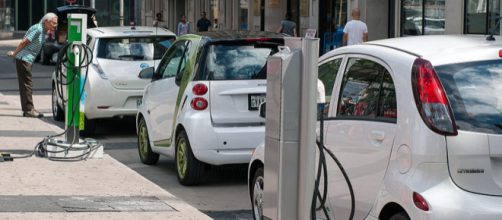The Paris accord on climate change was designed in 2015 with the involvement of former President Barack Obama. The need of such an accord arose because of the global warming caused by greenhouse gas emission. It resulted in abnormal weather patterns. Icebergs broke away to drift into the oceans, raising fears of a sea level rise that could pose danger to human habitation near the oceans. There were increases in hurricanes and resultant floods destroyed the infrastructure and took a heavy toll of human lives.
The accord wanted nearly 200 countries to voluntarily curb emission of greenhouse gases.
At that time Nicaragua and Syria did not join, neither did the United States. President Trump felt that such an accord was not in the interests of America’s economy.
Syria to sign the accord
New York Times reports that Syria has announced its decision to sign the Paris accord on climate change. Nicaragua has already indicated its agreement last month. It now remains to be seen whether the United States will review the issue, and modify its earlier decision.
A White House spokeswoman, Kelly Love, has clarified that the stand of the US has not altered, and America will join only on more favorable terms.
Incidentally, the amount of greenhouse gas produced by Syria is negligible compared to that of many other countries, but it wants to join the cause which has global ramifications.
Syria has not set any targets but will formulate those in due course.
Where does that leave the US?
Climate change is a vital aspect and it must be kept in control to ensure the health of the planet. Emission of greenhouse gas is a major factor that contributes to global warming, and the surest way to reduce such emission is to eliminate fossil fuels, and promote the concept of alternates like electricity.
Many countries have embarked on their mission to popularize electric cars and have set deadlines to phase out cars that use fossil fuels.
Right now, the United States is isolated. President Donald Trump will have to reassess the situation and take a decision. It is understandable that total ban on fossil fuels may not be feasible but new policies must be formulated so that America does not continue to remain isolated.
The country has faced three hurricanes in quick succession in recent times, and forest fires have destroyed thousands of acres, while drought conditions prevail in some regions. These could be the consequences of global warming.
According to the rules of the Paris accord, America cannot formally withdraw until late 2020. Officials are trying to evolve a sort of compromise formula which will be acceptable. Right now, talks are underway in Germany with American delegates.


